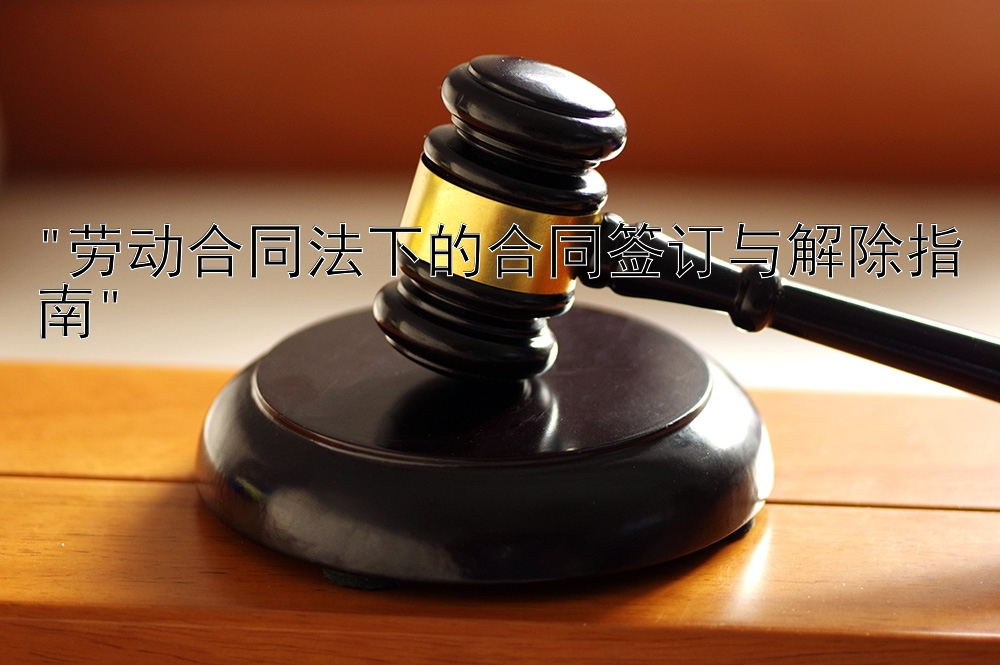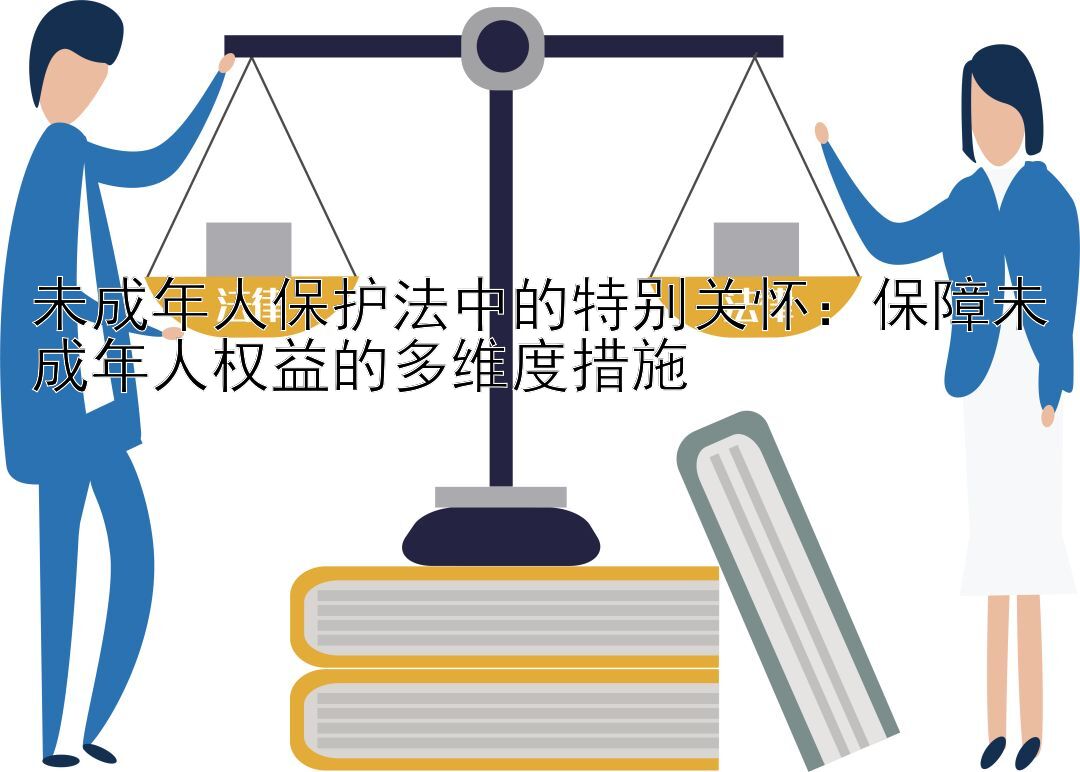高效学习法:系统梳理专业知识的五大步骤
在法律领域, staying informed and knowledgeable is crucial for success. The legal profession is constantly evolving, with new laws, regulations, and precedents being established regularly. Therefore, legal professionals must adopt an efficient and systematic approach to learning and staying up-to-date with the latest developments. This article outlines a five-step method for systematically organizing and mastering legal knowledge, using relevant legal principles and, where appropriate, illustrative case examples.
Step 1: Identify the Core Legal Principles
The first step in efficiently learning legal knowledge is to identify the foundational principles of the area of law you wish to master. This involves understanding the basic concepts, doctrines, and theories that underpin the legal system or specific area of law. For example, in contract law, this might include offer, acceptance, consideration, and intention to create legal relations.
Step 2: Organize and Structure Your Knowledge
Once you have identified the core principles, the next step is to organize and structure your knowledge in a logical manner. This might involve creating a mind map, an outline, or a concept map that shows how different legal concepts are related. This structured approach helps in understanding how different legal doctrines interact and apply in various contexts.
Step 3: Analyze Case Law and Legislation
Legal principles are often interpreted and applied through case law and legislation. Analyzing key cases and statutes is crucial for understanding how legal principles are applied in practice. For example, in contract law, the case of Carlill v Carbolic Smoke Ball Company [1893] is a seminal case that established the principles of offer and acceptance, as well as the concept of unilateral contracts. Similarly, the Sale of Goods Act 1979 in the UK sets out the statutory framework for contracts for the sale of goods.
Step 4: Apply Legal Principles to Hypothetical Scenarios
One of the most effective ways to deepen your understanding of legal principles is to apply them to hypothetical scenarios. This involves taking a factual situation and then analyzing how the legal principles would apply. This process can help in understanding the nuances of legal doctrines and how they might be applied in different contexts.
Step 5: Engage in Continuous Learning and Reflection
The law is constantly evolving, and therefore, legal professionals must commit to continuous learning. This involves staying informed about new case law, legislative changes, and legal scholarship. Reflecting on how these developments affect your understanding of legal principles and how they might be applied in practice is crucial for maintaining and enhancing your legal knowledge.
Conclusion
By following these five steps, legal professionals can systematically organize and master their legal knowledge. This approach not only helps in staying informed and up-to-date with the latest legal developments but also in applying legal principles effectively in practice. By continuously engaging with the law and reflecting on its application, legal professionals can ensure that their knowledge remains relevant and that they are equipped to meet the challenges of a rapidly changing legal landscape.
 探索城市规划法中建设项目的审批流程与规定
城市规划法中的建设项目审批流程与规定是确保城市建设合理性和可持续性的重要环节。以下是对这一主题的法律知识分析:一、项目立项阶段1. 项目建议书(Project Proposal): 根据《城市规划法》
建设项目
审批流程
城市规划法
探索城市规划法中建设项目的审批流程与规定
城市规划法中的建设项目审批流程与规定是确保城市建设合理性和可持续性的重要环节。以下是对这一主题的法律知识分析:一、项目立项阶段1. 项目建议书(Project Proposal): 根据《城市规划法》
建设项目
审批流程
城市规划法
 劳动合同法下的合同签订与解除指南
《中华人民共和国劳动合同法》下之合同签订与解除指南一、合同的订立原则根据《中华人民共和国劳动合同法》(以下简称“劳动法”)第三条的规定,订立劳动合同应当遵循合法、公平、平等自愿、协商一致、诚实信用的原
劳动合同法
合同签订
合同解除
劳动合同法下的合同签订与解除指南
《中华人民共和国劳动合同法》下之合同签订与解除指南一、合同的订立原则根据《中华人民共和国劳动合同法》(以下简称“劳动法”)第三条的规定,订立劳动合同应当遵循合法、公平、平等自愿、协商一致、诚实信用的原
劳动合同法
合同签订
合同解除
 法律文书递送:法律条文中的规定与执行程序解析
法律文书的送达是整个司法过程中的重要一环,它直接关系到当事人的权益和诉讼程序的公正性。在不同的国家和地区,法律文书的送达方式、时限以及法律效力可能有所不同,但一般来说,其核心原则都是确保当事人有足够的
法律文书
法律条文解析
执行程序
法律文书递送:法律条文中的规定与执行程序解析
法律文书的送达是整个司法过程中的重要一环,它直接关系到当事人的权益和诉讼程序的公正性。在不同的国家和地区,法律文书的送达方式、时限以及法律效力可能有所不同,但一般来说,其核心原则都是确保当事人有足够的
法律文书
法律条文解析
执行程序
 探索宪法赋予的公民基本权利
探索宪法赋予的公民基本权利一、引言《中华人民共和国宪法》是国家的根本法,它规定了国家的根本制度和根本任务,也保障着公民的基本权利。本文将探讨宪法中关于公民基本权利的规定,分析这些权利的意义和保护机制,
宪法
公民
基本权利
探索宪法赋予的公民基本权利
探索宪法赋予的公民基本权利一、引言《中华人民共和国宪法》是国家的根本法,它规定了国家的根本制度和根本任务,也保障着公民的基本权利。本文将探讨宪法中关于公民基本权利的规定,分析这些权利的意义和保护机制,
宪法
公民
基本权利
 共有所需:物权法中的财产分割指南
物权法中的财产分割指南在现代社会中,财产的分配与分割是一个普遍的法律议题,尤其是在家庭、商业和继承等领域。本文将探讨如何在物权法的框架内进行有效的财产分割,并提供相应的指导和建议。一、物权法的基本原则
物权法
财产分割
指南
共有所需:物权法中的财产分割指南
物权法中的财产分割指南在现代社会中,财产的分配与分割是一个普遍的法律议题,尤其是在家庭、商业和继承等领域。本文将探讨如何在物权法的框架内进行有效的财产分割,并提供相应的指导和建议。一、物权法的基本原则
物权法
财产分割
指南
 未成年人保护法中的特别关怀:保障未成年人权益的多维度措施
《中华人民共和国未成年人保护法》是一部专门为保护未成年人的身心健康、合法权益而制定的法律文件。该法自1991年颁布以来,经过多次修订和完善,目前最新版本是在2020年修订的。这部法律的实施体现了国家对
未成年人保护
特别关怀
权益保障
未成年人保护法中的特别关怀:保障未成年人权益的多维度措施
《中华人民共和国未成年人保护法》是一部专门为保护未成年人的身心健康、合法权益而制定的法律文件。该法自1991年颁布以来,经过多次修订和完善,目前最新版本是在2020年修订的。这部法律的实施体现了国家对
未成年人保护
特别关怀
权益保障


